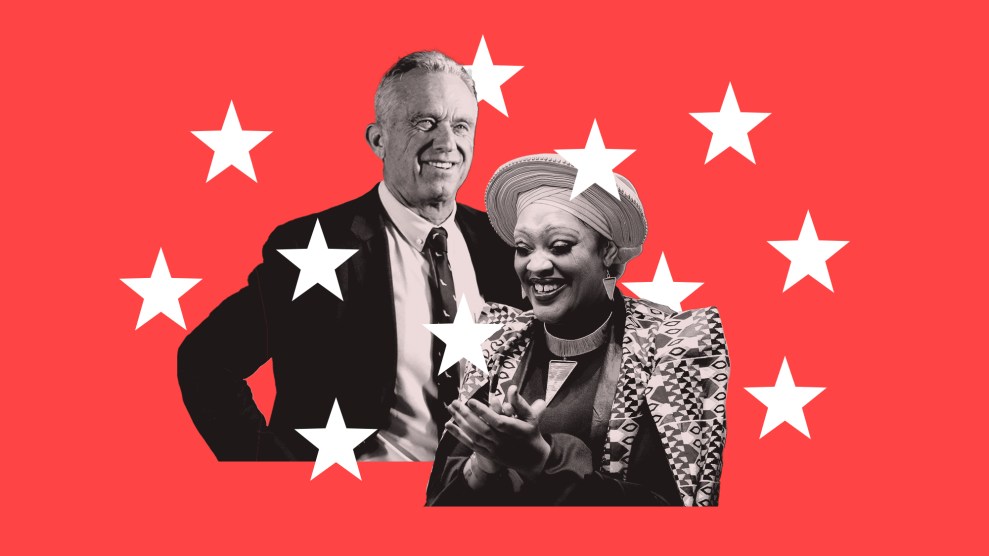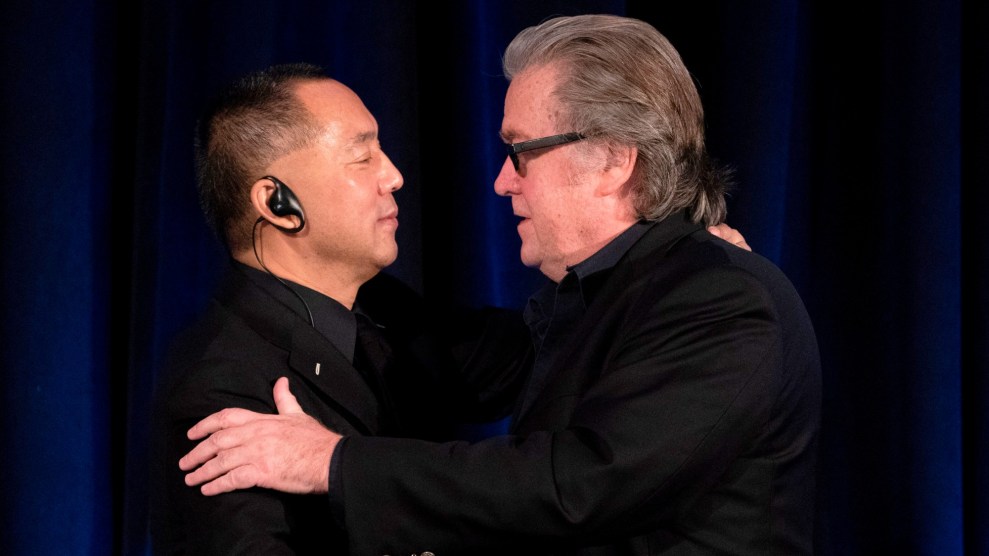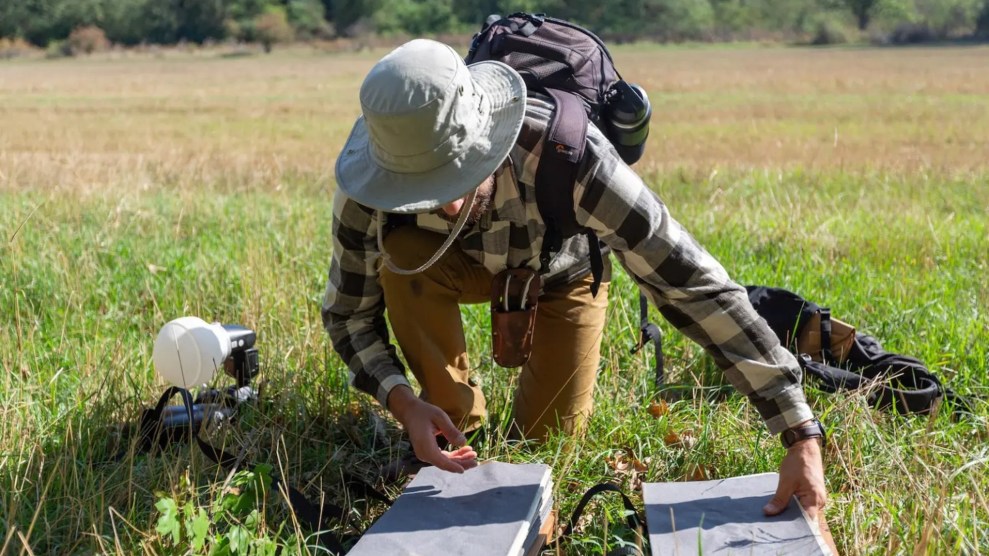Today’s House Judiciary Committee questioning of John Yoo and David Addington, architects of the Bush Administration’s interrogation policies, was not impressive.
Yoo was a deputy assistant attorney general in the Department of Justice’s Office of Legal Counsel and Addington was and is Dick Cheney’s consigliere. They were present at the formation of the administration’s policies on which interrogation tactics are permissible and which are not, and they have spent the six or seven years since revisiting, studying, and defending those policies. Some of the congressmen questioning them weren’t even in Congress when the policies were formed, and none of them have focused on these issues full-time.
As a result, the questioning was at times laughably one-sided. Addington often showed his questioners little respect, and deliberately provided long and unnecessary citations to chew up their allotted time. Despite his reputation as a whip smart lawyer, he repeatedly claimed to not remember certain key meetings or events. Yoo, either because he has a greater sense of shame or because he is simply a less artful participant in the hearings dance, would admit that he did know certain things but that he couldn’t specify them because the Department of Justice had prohibited him in advance for doing so.
The chairman of the hearing, Representative Jerrold Nadler (D-NY), repeatedly responded to Yoo’s claims that the DOJ prohibited him from answering by demanding to know exactly what privilege Yoo was invoking in order to avoid testifying. Yoo asserted two things: first, attorney-client privilege, which he largely dropped after Nadler pointed out that such privilege was not allowable in Congress, only in courts; and second, that answering would inevitably reveal sensitive matters of national security.
Eventually, however, it became clear that in some instances, neither of those assertions applied. At one point, for example, Yoo insisted that he couldn’t say whether a military program called Survival Evasion Resistance Escape (SERE) was the basis for the administration’s interrogation methods, supposedly due to the DOJ’s instructions. Nadler pointed out that Steve Bradbury, the current head of the DOJ’s Office of Special Counsel, Yoo’s old unit, admitted to Congress that SERE was in fact the basis for interrogations. The guy sending Yoo the instructions had answered the question Yoo claimed that he couldn’t. Neither a vague attorney-client privilege nor national security were at question.
At another juncture, Yoo was asked if then-Attorney General John Ashcroft ever expressed concern that Yoo was communicating too frequently with Addington and other members of the White House, instead of with him. Yoo said that under the DOJ’s instructions, he couldn’t answer.
Yoo said the DOJ has already decided that the subjects in question fell within either attorney-client privilege or “executive deliberative process privilege.” It slowly dawned on everyone, including Yoo, that Yoo’s position was that before the DOJ had heard today’s questions, it already knew the answers would be impermissible. And further, it had the right to issue a blanket prohibition on Yoo’s most problematic answers. Eventually Yoo stopped trying to justify the instructions from the DOJ, pleading with Nadler, “The Department of Justice gave me these instructions, sir, and I can’t go beyond them. These are the instructions they gave me in an email and I have to follow them.”
As you would expect, the congressmen lost their cool, repeatedly. Rep. Keith Ellison (D-MN) wasted several of his five minutes arguing with Yoo over the definition of the word “implement,” or, more accurately, whether Yoo knew the definition of the word “implement.” Rep. Mel Watt (D-NC) choose to ignore Yoo and Addington entirely, calling the process of questioning them akin to “banging my head against the wall,” and spoke with a Democratic witness for his five minutes.
Rep. Artur Davis (D-AL) seemed to realize that he couldn’t catch the witnesses in a contradiction, nor get them to admit to anything they hadn’t admitted to previously. Even on the question of whether or not the president has the right to bury a detainee alive, the assembled congressmen couldn’t get a straight answer. Instead, Davis lectured the witnesses on their arrogance. When these policies were being formed, he told the witnesses, you had a Republican House and Republican Senate. “You had a Congress that was a rubber stamp for the administration’s national security agenda…. Everyone in this room knows to an absolute certainty that they would have given you everything you wanted in October 2001 if had you bothered to ask.” If the Administration had gone to the heads of the appropriate congressional committees, they would have rewritten the laws to make the Administration’s decisions easier and better founded. If you had done this, Davis said to Yoo and Addington, you wouldn’t be sitting here alone defending indefensible policy. Congress would share the blame.
It was the only point Davis could make. Yoo and Addington had little to say in response.















